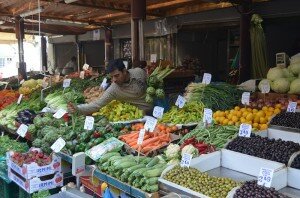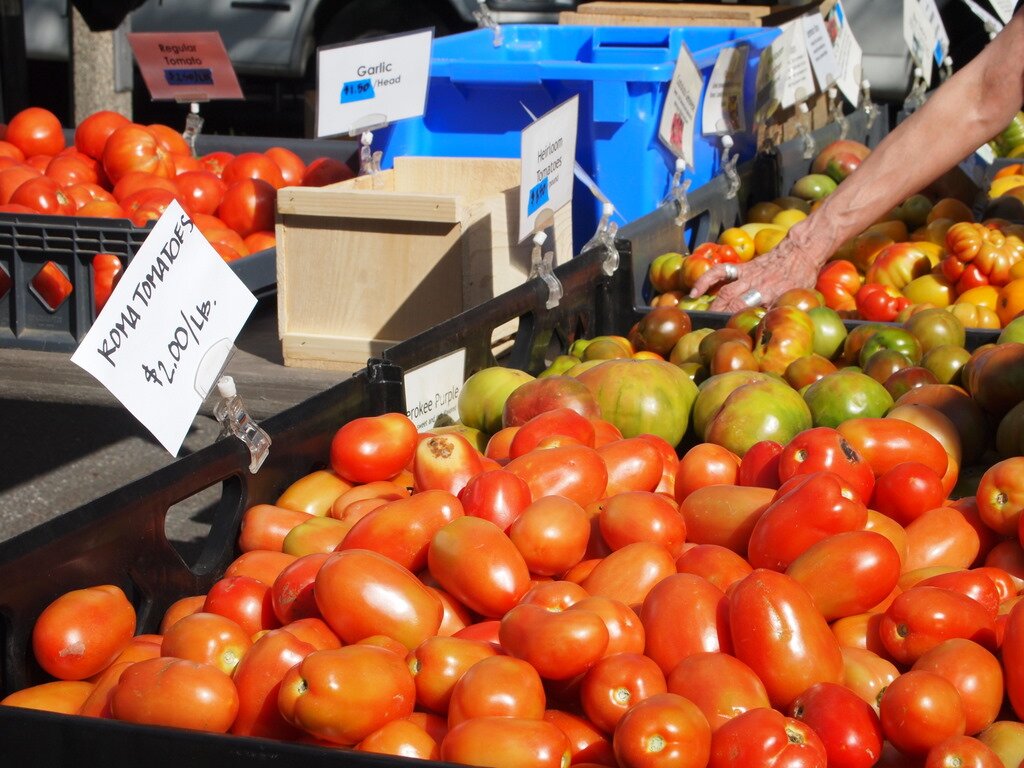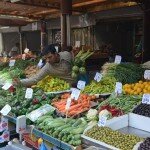
Components in the Mediterranean Diet May Prevent Some Cancers
People in countries along the Mediterranean Sea not only have a lower incidence of heart disease, but are also less likely to get cancer than those living in North European and North American countries. This prompted researchers to review recent literature and determine if the wide array of components present in the Mediterranean diet influences the risk of cancer.
An article, published in the journal BMC Surgery, investigates the relationship between cancer risk and different components present in foods that are typical of the Mediterranean diet: olive oil, fruits, vegetables, seafood, whole grains, and wine.

Experimental and human cellular studies suggest that olive oil intake may reduce the risk of breast, prostate, colon and digestive tract cancers. Meta-analysis of 19 studies further revealed that the amount of olive oil consumed also affects the risk of cancer, with cancer incidence decreasing when olive oil intake is high. The researchers reported that the protective action of olive oil, which possibly causes the death of cancer cells and inhibits carcinogenic pathways, may be due to the presence of two health promoting components – tyrosol and hydrocytyrosol.
SEE ALSO: The Health Benefits of Olive Oil
Fruits and vegetables, which form an integral part of the Mediterranean diet, are among the richest sources of cancer protective components, according to the authors of the article. These include glucosinolate in Brussels sprouts, cabbage and other cruciferous vegetables; ascorbic acid, anthocyanins, flavanones, hydroxycinnamic acid and polyphenols in citrus fruits; lycopene in tomatoes; and dietary fiber, allium compounds, polyphenols, selenium, protease inhibitors, dithiolthiones, vitamin C, vitamin E, and carotenoids present in many fruits and vegetables. Laboratory studies show that these components prevent proliferation of cancer cells, inhibit cell-signaling, induce cell-cycle arrest, prevent cell damage by ultra violet rays, and interfere with other cancer-related pathways.
Another advantage of the Mediterranean diet in reducing risk of cancer comes from the low consumption of red and processed meats, which contain cancer-causing polycyclic aromatic hydrocarbons, N-nitroso compounds, and heterocyclic amines. According to the researchers, fish and seafood consumed instead of meat have anti-carcinogenic properties that may reduce risk of cancer.
Limited intake of refined grain products by populations on the Mediterranean diet may decrease risk of thyroid, stomach, colon, and upper digestive system cancers. High fiber intake from whole grain foods that are frequently consumed may prevent cancer as it increases fecal bulk, decreases transit time, provides satiety and increases production of short-chain fatty acids. Fermentation of dietary fiber by bacteria in the large intestine may also reduce risk of colon cancer, according to the authors of the study.
Finally, the glass of wine accompanying the Mediterranean meal is rich in resveratrol, a compound that may reduce the risk of cancer by preventing tumor formation, inhibiting cancer cell growth, interfering with cancer pathways and causing the death of cancer cells.
The take-home message: Eat fruits, vegetables, whole grain cereals, and seafood; drink some wine, and use olive oil as the main source of fat in your diet to decrease your risk of both cancer and heart disease.
source: http://greekcurrent.com/
Pin It

Google+

Org Medlines

















Leave a Reply